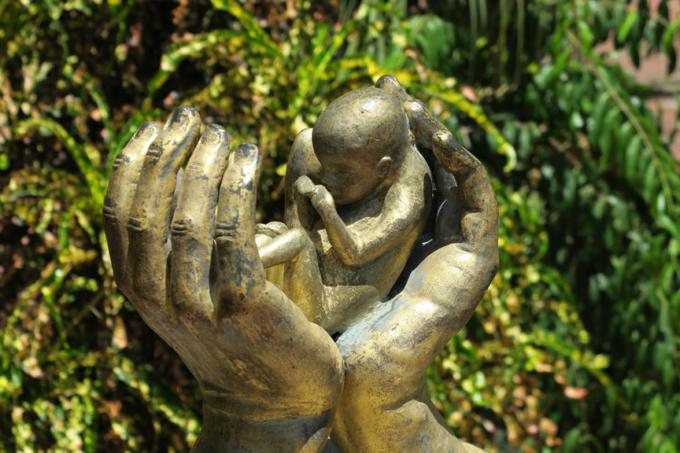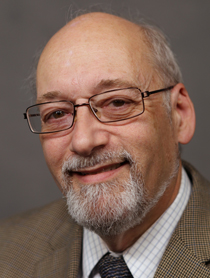
Culture
Since 1975, the U.S. bishops have said much the same thing in their Pastoral Plan for Pro-Life Activities, calling for laws protecting the unborn child "to the maximum degree possible." Both words, "maximum" and "possible," are important.

Doerflinger
So many falsehoods and confusions fill the media lately on abortion that I find myself pining for an actual argument.
For an example, I do not want to pick on our president. But he started it, by picking on Catholic teaching.
In a recent speech to supporters, President Biden is reported as saying:
"You have Lindsey Graham of South Carolina and others talking about how they're gonna you know, make sure that Roe is forever gone and Dobbs becomes a national law. ... Talk about, what, no exceptions. Rape, incest, no exceptions. ... Now, I'm gonna deal with my generic point. I happen to be a practicing Roman Catholic, my church doesn't even make that argument."
He also promised that if his party wins two more seats in the Senate, "we're going to codify Roe and once again make Roe the law of the land."
In how many ways is this misleading?
First, it makes no sense to talk of the Supreme Court's Dobbs decision becoming the law of the land, because it makes no law one way or the other. It says the Constitution leaves the people and their elected representatives free to make the abortion laws they support.
Second, the law Sen. Graham has introduced bans most abortions after 15 weeks of gestation. That leaves about 94 percent of abortions untouched. It also has exceptions for danger to the mother's life and cases of rape or incest.
Third, the law the president wants to sign, the Women's Health Protection Act, would not codify Roe. Besides legalizing abortion throughout pregnancy, it attacks hundreds of modest state laws that have remained in effect under Roe, dealing with informed consent, parental rights when minors seek abortions, safety protections for women at abortion clinics and even the requirement that abortions be done by licensed physicians.
That law has passed the House. The president refers to two Senate seats because he supports ending the Senate filibuster, allowing this most extreme abortion law in U.S. history to be approved by simple majority.
Then there is, most seriously, that business about the church.
In his great encyclical on "The Gospel of Life," St. John Paul II reviewed how Catholic teaching has rejected abortion since the church's first centuries. Reaffirming that constant tradition, he declared that "direct abortion, that is, abortion willed as an end or as a means, always constitutes a grave moral disorder, since it is the deliberate killing of an innocent human being" (No. 62).
After citing Scripture on our need to obey God's commands when faced with injustice, he added, "In the case of an intrinsically unjust law, such as a law permitting abortion or euthanasia, it is therefore never licit to obey it, or to 'take part in a propaganda campaign in favor of such a law, or vote for it'" (No. 73).
In this same paragraph, Pope John Paul II discussed a common problem for pro-life legislators: When a current or pending law allows abortion and full protection for the unborn is not practically possible, may one support "a more restrictive law, aimed at limiting the number of authorized abortions"? His answer was yes.
Since 1975, the U.S. bishops have said much the same thing in their Pastoral Plan for Pro-Life Activities, calling for laws protecting the unborn child "to the maximum degree possible." Both words, "maximum" and "possible," are important.
So Catholic teaching allows for supporting a bill like Graham's when broader protection is not possible but rejects the bill the president supports.
As Jonathan Swift once wrote, "Falsehood flies, and truth comes limping after it." So much limping is needed to get past the falsehoods these days that there is little genuine debate on how to best serve pregnant women and their children.
- Richard Doerflinger worked for 36 years in the Secretariat of Pro-Life Activities of the U.S. Conference of Catholic Bishops. He writes from Washington state.
Recent articles in the Culture & Events section
-
What is truth?Michael Reardon
-
The 75th anniversary of St. Ignatius of Loyola Church, Chestnut HillThomas Lester
-
The most important prayer you already knowLaura Kelly Fanucci
-
Two years after DobbsRussell Shaw
-
Scripture Reflection for July 21, 2024, Sixteenth Sunday in Ordinary TimeDeacon Greg Kandra





